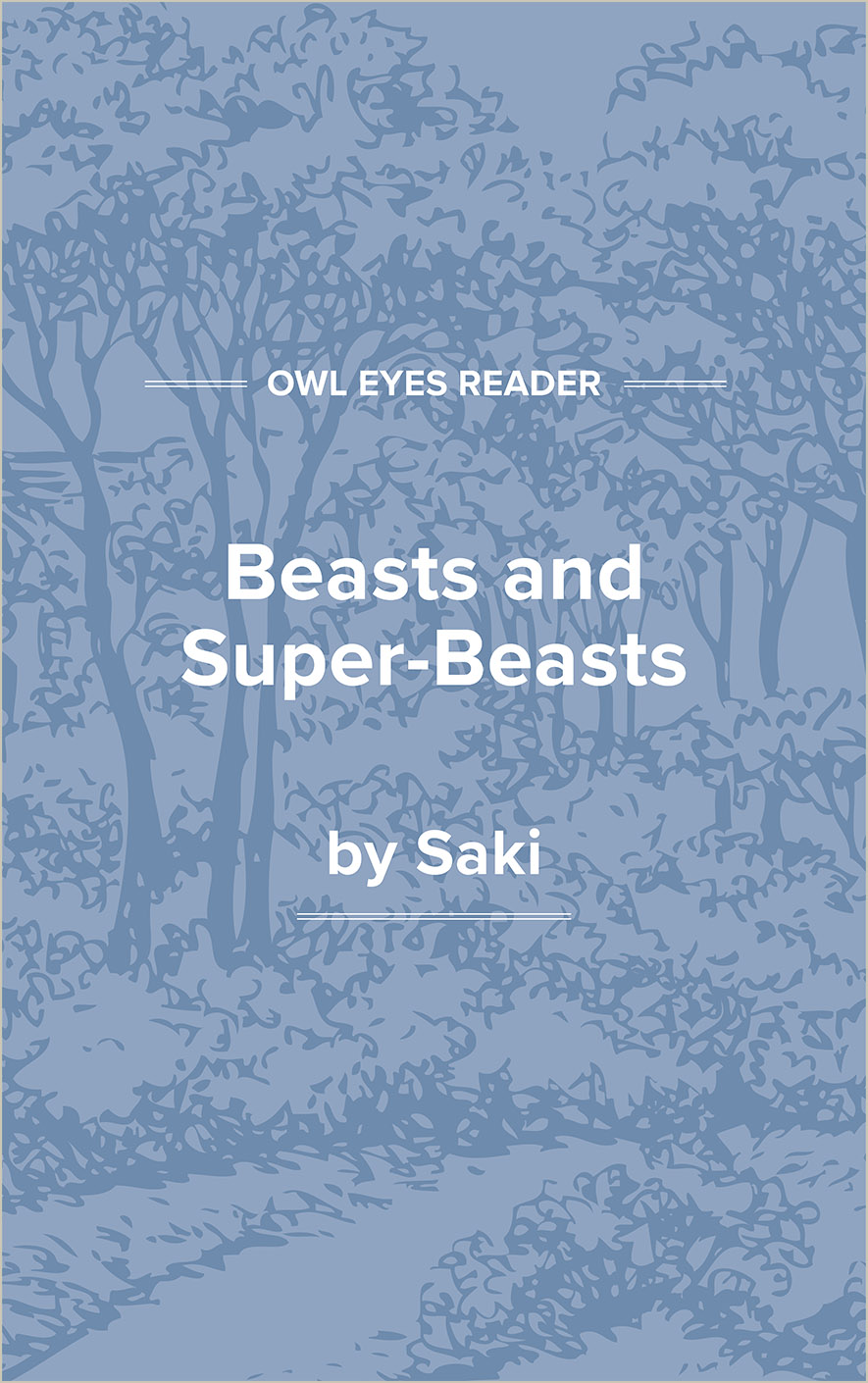Saki Biography
Hector Hugh Munro, a Scottish-English short-story writer and journalist who used the pen-name Saki (SAH-kee), was born December 18, 1870, in Akyab, Burma, where his father was a colonel in the Bengal Staff Corps and Inspector General of the Police. Soon thereafter, his mother died and he was sent to England with his elder brother and sister to be raised by his grandmother and two aunts in Pilton, near Barnstaple, North Devon. He went to grammar school at Exmouth and Bedford and during his youth was interested in drawing and art. In 1888, Colonel Munro retired from the army and took his son on an extended tour of Europe, from which they returned in 1890.{$S[A]Munro, Hector Hugh;Saki}
In 1893 Hector Hugh Munro returned to Burma to join the police force in a position gained through his father’s influence. However, the young man suffered so severely from malaria that he returned to England in 1894. Following his convalescence, Munro moved to London in 1896.
Determined to become a writer, he published his first book in 1900 (the only one under his real name), a serious history called The Rise of the Russian Empire. He then adopted his pen name, Saki, from the cupbearer in Edward FitzGerald’s The Rubaiyat of Omar Khayyam (1859), and began a very successful series of political satires for the Westminster Gazette, eleven of which were published in book form as The Westminster Alice in 1902.
Fluent in French, German, and Russian, Saki traveled to the Balkans, Russia, Poland, and France as a foreign correspondent for the Morning Post from 1902 to 1908. Working as a freelance writer following his return to England in 1908, he continued to write short stories while publishing in the Bystander and the Daily Express. The Unbearable Bassington, his first novel, appeared in 1912 and was a scathingly accurate social satire written in a style reminiscent of Oscar Wilde. His second novel, When William Came, was less well received critically and served primarily to warn complacent Britons of Germany’s aggressive intentions prior to World War I.
During his ten most successful years as a writer,...
(The entire page is 523 words.)
Owl Eyes subscribers get unlimited access to our expert annotations, analyses, and study guides on your favorite texts. Master the classics for less than $5/month!

